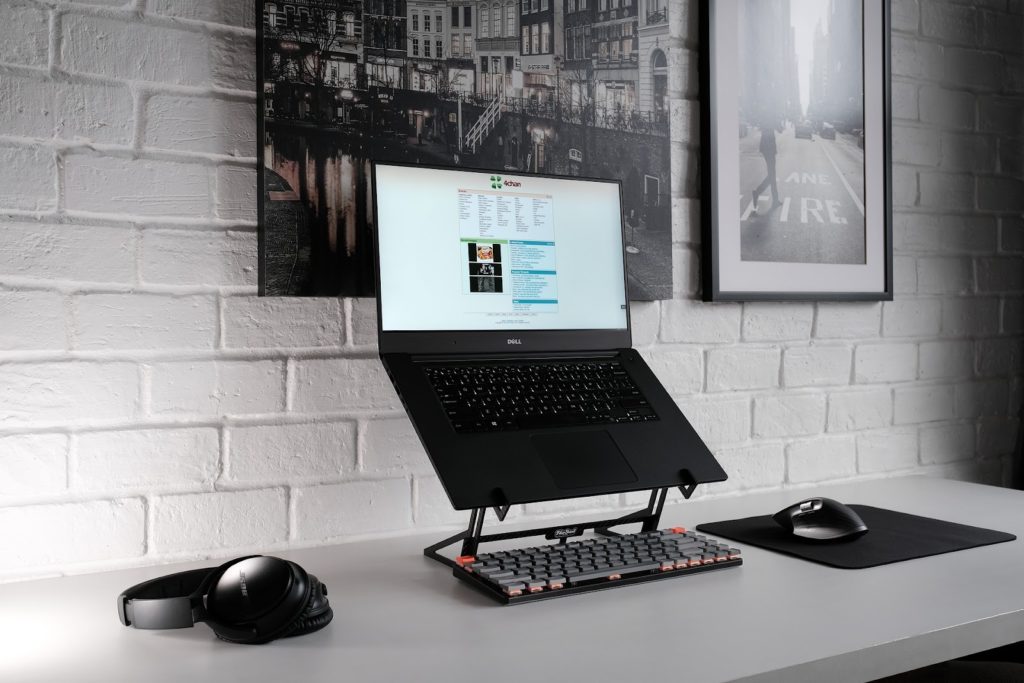Expecting your laptop to perform optimally for years when you invest a lot of money in a device is a given. However, expectations like that do not always come to fruition, particularly if an owner neglects to take care of the computer.
Laptops require maintenance even if you are not using them that frequently. Sure, some issues are inevitable because the hardware cannot last forever, and you are bound to run into some issues from outside sources, such as malware or someone using the device and not knowing how to do it properly.
Regardless of the circumstances, dealing with some common laptop issues is possible without needing to take the computer to a service store. However, if the situation becomes too much to handle for you, then seeking professional help makes sense. But for what it is worth, it is recommended to try troubleshooting the issues yourself.
Poor Storage
Unless you purchase a laptop with a great hard drive or a solid-state drive that comes with plenty of storage, you might run out of disk space sooner than expected. It helps when you do not clutter the device with large files, such as video games or high-quality movies and TV shows. But even then, there are other types of files that can clutter the storage.
For example, temporary system files like caches and old backups could be slowly increasing and consuming space. Using Photoshop, for one, and growing the scratch disk is not great for the overall storage.
Localization files, old downloads, duplicate files, and other unnecessary data add up and make it difficult to have enough free disk space.
So, the question is, how to deal with these problems. It is not like you can just delete every file insight, right? It helps, but some data is not visible unless you tinker with the system settings. Most notable, the temporary data.
For that, you will need to check the list of uninstallers that can clear up temporary system junk automatically.
Next, if large media files are causing the most problems, stick to streaming platforms instead of hoarding files on the laptop.
In case you have too many files that you still want to keep, why not transfer them to cloud storage or an external hard drive?
Slow Internet Browser
A slow internet browser might be related to the internet connection, first and foremost. If you are not using an ethernet cable for your laptop and the Wi-Fi connection is too poor, get in touch with your ISP and find out if they can help you. After confirming that the situation is fine on their end, you can next try to check for third-party peripherals potentially blocking the signal and move the internet router to a different position.
Now, coming back to the internet browser problem, it might be that there are too many extensions installed, or you have not cleared the browser cache for too long. Running multiple tabs simultaneously is also a potential source for the problem.
Lackluster Battery Life
Most recent laptop models, particularly MacBooks, are known to have a great battery lifespan. However, it is still common to end up with a laptop that has a pretty lackluster battery.
Sure, you could argue that you can just use an outlet and charge the device, but what if you are traveling and cannot find one? If the laptop’s battery runs out faster than you want, you will not be able to use the laptop.
Keep an eye on background processes, do not enable redundant visual effects, free up disk space, and use less demanding software if possible.
Dust Inside
The problem with dust inside a laptop is that you are most likely to feel reluctant having to clean it yourself. No experience with laptop hardware and how to take them apart should be enough to prevent you from risking the procedure yourself.
Nevertheless, if you are confident of taking the laptop apart and putting it back together after cleaning the dust inside, then go for it.
Once the dust is removed, you will notice improvements in the overall performance. In addition, the device will not overheat as much, and you are less likely to hear loud noises from the internal fans.
Screen Flickers
As a rule of thumb, it is recommended to run the latest operating system version on a computer, and laptops are no exception. However, sometimes, it might lead to screen flickers, especially right after installing the latest update.
The incompatibility between the graphics processing unit and the operating system is what causes the flickering screen problem. However, if the issue is wide, OS developers tend to react and release hotfixes that solve the problem.
On the other hand, if the hotfix is not coming, you will likely need to downgrade to the previous OS version and try to update it again. And if that does not work, getting help from a professional service store is a sound option.

